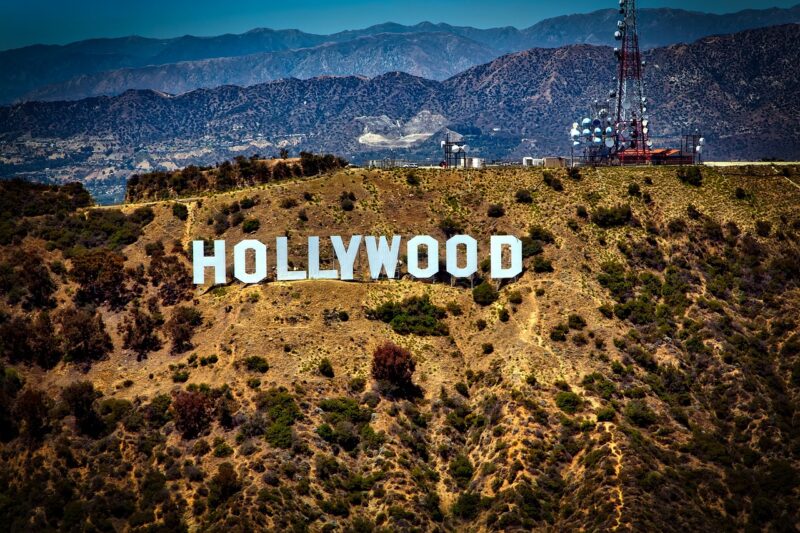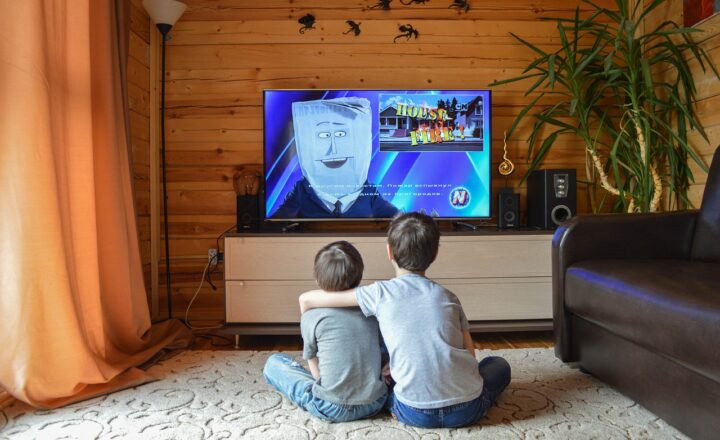The Most Memorable Moments in Film History That Changed Hollywood Forever
November 17, 2024

Hollywood has always been a melting pot of creativity, talent, and innovation, leading to unforgettable moments that not only resonated with audiences but also altered the cinematic landscape. These moments sparked trends, reshaped storytelling techniques, and set new standards for excellence in filmmaking. In this article, we will explore some of the most significant moments in film history that forever changed Hollywood, tracing their impact on the industry that continues to thrive today.
1. The Birth of the Feature-Length Film (1915)
The release of D.W. Griffith’s “The Birth of a Nation” in 1915 is pivotal in film history due to its length and ambition. At over three hours, it was the first feature-length film, showcasing that movies could be more than just short reels. Despite its controversial themes and reception, it opened doors for filmmakers to explore longer, more complex narratives and proved that cinema could be a powerful medium for storytelling.
2. The Introduction of Sound (1927)
The advent of synchronized sound in films marked a monumental shift in the industry. The release of “The Jazz Singer” in 1927, often credited as the first “talkie,” forever changed how stories were told on screen. Audiences were captivated by the novelty of hearing dialogue and songs, leading to a decline in silent films and a new era where sound design became a vital part of filmmaking.
3. The Birth of the Blockbuster (1975)
Steven Spielberg’s “Jaws” emerged as the first summer blockbuster in 1975. This film not only broke box office records but also changed the way studios marketed films. The movie’s successful marketing campaign, combined with its thrilling narrative, paved the way for high-concept films aimed at mass audiences, solidifying the summer season as a prime time for blockbuster releases.
4. The Rise of Independent Cinema (1990s)
The indie film movement gained momentum in the 1990s with movies like “Pulp Fiction” and “The Blair Witch Project”. With a focus on unique stories and character-driven narratives, these films demonstrated that small budgets could deliver massive cultural impacts. This era brought about a new wave of filmmakers and a diversification of voices in storytelling that continues to enrich the industry.
5. The Digital Revolution (2000s)
The transition from film to digital technology fundamentally changed how movies were made and exhibited. With the release of digital cameras and editing software, filmmakers could create films with significantly lower budgets while maintaining high quality. This democratization of filmmaking led to an explosion of content and new opportunities for storytellers worldwide. The impact was felt at film festivals, in cinemas, and in how audiences consumed films at home.
6. The Marvel Cinematic Universe (2008-Present)
The launch of the Marvel Cinematic Universe (MCU) with “Iron Man” in 2008 created a new paradigm in cinematic storytelling. The interconnected storytelling across films, known as a shared universe, changed the landscape of franchise filmmaking. The MCU proved that carefully curated story arcs and character development could keep audiences engaged over multiple films, leading to unprecedented box office successes and the rise of superhero films as a dominant genre.
7. Streaming Revolution (2010s-Present)
The emergence of streaming platforms like Netflix, Amazon Prime, and Hulu has transformed the way audiences consume films and television. The convenience of watching films at home, on any device, ushered in a new era of content creation. Major studios adjusted to this shift by producing exclusive content for streaming services, disrupting traditional distribution models. This change has led to the rise of original programming and films, with streaming awards shows sparking debates about what constitutes a theatrical release.
Conclusion
The milestones discussed in this article represent just a fraction of the defining moments that have shaped Hollywood. As technology continues to evolve and audiences adapt, the future of film is undoubtedly filled with new possibilities and narratives waiting to be explored. Understanding these pivotal moments allows us to appreciate the art of filmmaking and highlights the industry’s ongoing journey towards innovation and inspiration.
As we look towards the future, one thing is clear: cinema will continue to grow, surprise, and engage audiences. Whether through the emergence of new technologies or the expansion of diverse voices, Hollywood will remain a force that shapes culture and entertains generations to come.







